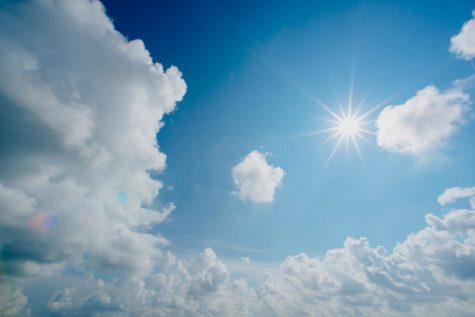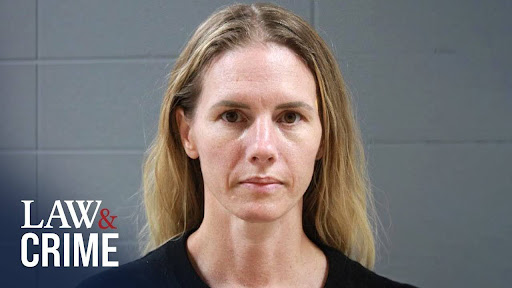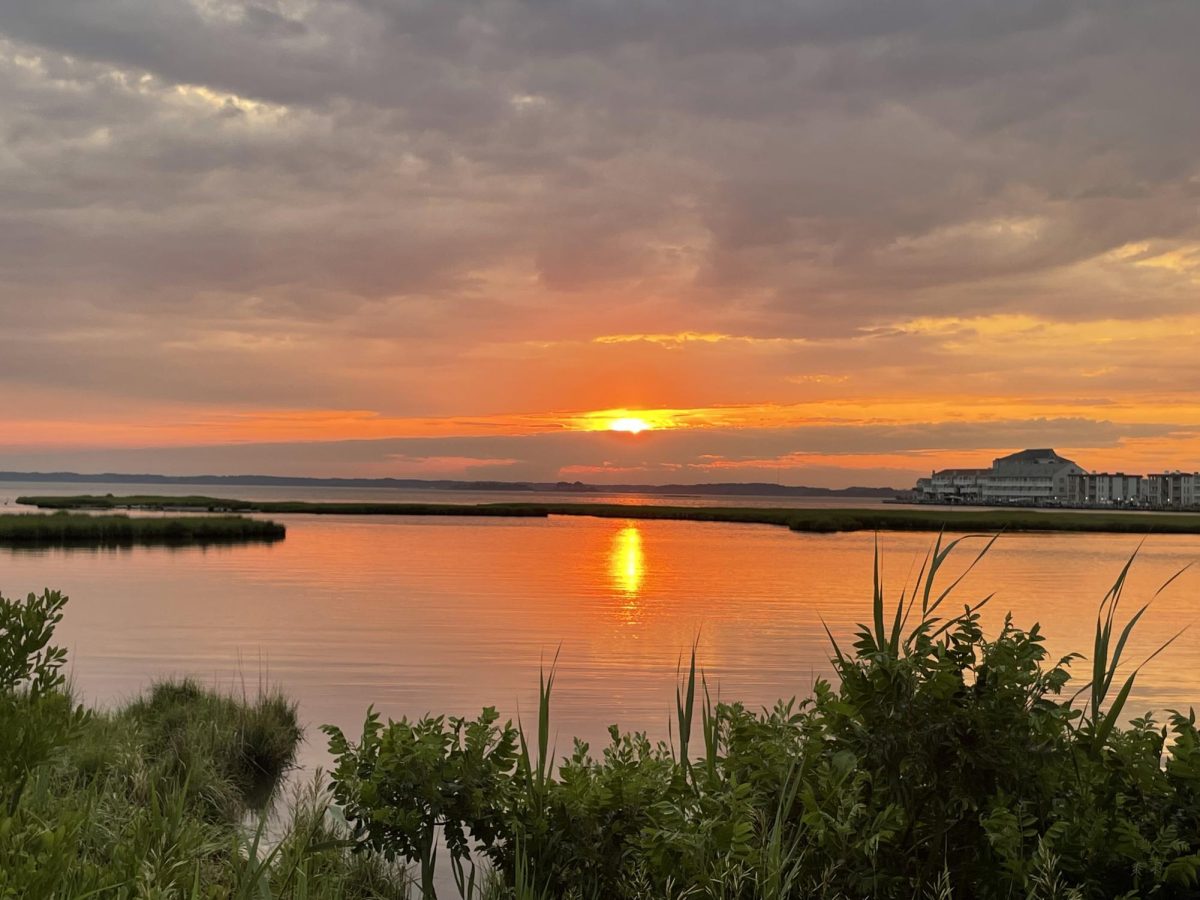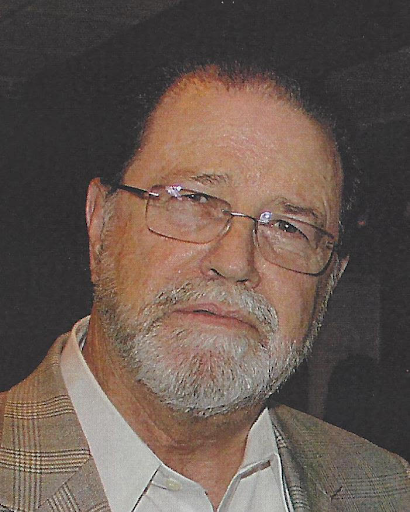
Although many St. John’s University students are ready to break out their heavy winter sweaters, the temperature outside calls for shorts and skirts instead. Despite it being November, temperatures are climbing into the 70s in the tri-state area, breaking temperature records from as far back as the 1990s. The areas most affected by these high temperatures are the Northeast and Midwest, with average temperatures for the month still being seen in the West. At JFK airport, the temperature was 80 degrees on Nov. 7th – the warmest observed in over 50 years.
Students are concerned about the climbing temperatures and turn to professionals with questions about why it feels like summer in November. A zone of high pressure, often referred to as a heat dome, surged the eastern United States and created higher temperatures. However, the record breaking temperatures and humidity has been exacerbated by human caused climate change.
The United States is not the only place in the world to be concerningly warm — Europe has had a continued surge in temperatures due to extreme changes in the jet stream and the effects of global warming. Although the temperatures are expected to decrease, the plunge of the jet stream in the West sends temperatures soaring across the United States. The trend for the rest of November is still uncertain, according to meteorologists, but a block of high pressure from Greenland may lead to colder air.
These temperatures have proven to be a frustration to students at the University. Ready to dress for cooler weather and jump into the winter season, students have been forced to dress as if it was September again.
A large problem at the University is the lack of air conditioning, since the AC units are turned off after mid-October. “The weather has been ridiculous. One day it is 50 degrees, the next it’s 70, and realistically, it should be colder than that in November,” said sophomore Briana Ledan. “I walk into class unable to pay attention because I feel like I’m melting. It’s making everything very difficult.”
Another issue is the increasing temperature of the dorms, since the heat has been switched on. “My room was so hot that it made it hard to sleep and then I had to go right into a hot classroom,” said O’Connor Hall resident student Molly Downs.
Sophomore Madison Coombs describes sitting in the Montgoris Dining Hall as being in a “swamp.” “It is not enjoyable to eat dinner while you and your friends are breaking a sweat because the heat is blasting.”
A factor contributing to the rising outdoor temperatures is the ongoing effect of global climate change. New York is seeing higher temperatures as a trend due to increases in carbon dioxide and other greenhouse gasses. According to the Nature Conservancy, New York is in danger of rising sea levels destroying infrastructure, declining drinking water quality and quantity and degradation in air quality. New Yorkers, as well as the rest of the country, should view these high temperatures as a wake up call for the dangers of climate change.
Citizens of New York should take into greater consideration the dangers of their carbon footprint. Many people wonder what exactly they can do to help combat the devastating effects of climate change. Despite the overwhelming impact this phenomenon has on the world, it is possible to make lifestyle changes to become more eco-friendly. Simple steps such as using a reusable water bottle, walking or biking when possible and, most importantly, voting to enact change in government are all ways to contribute.


















